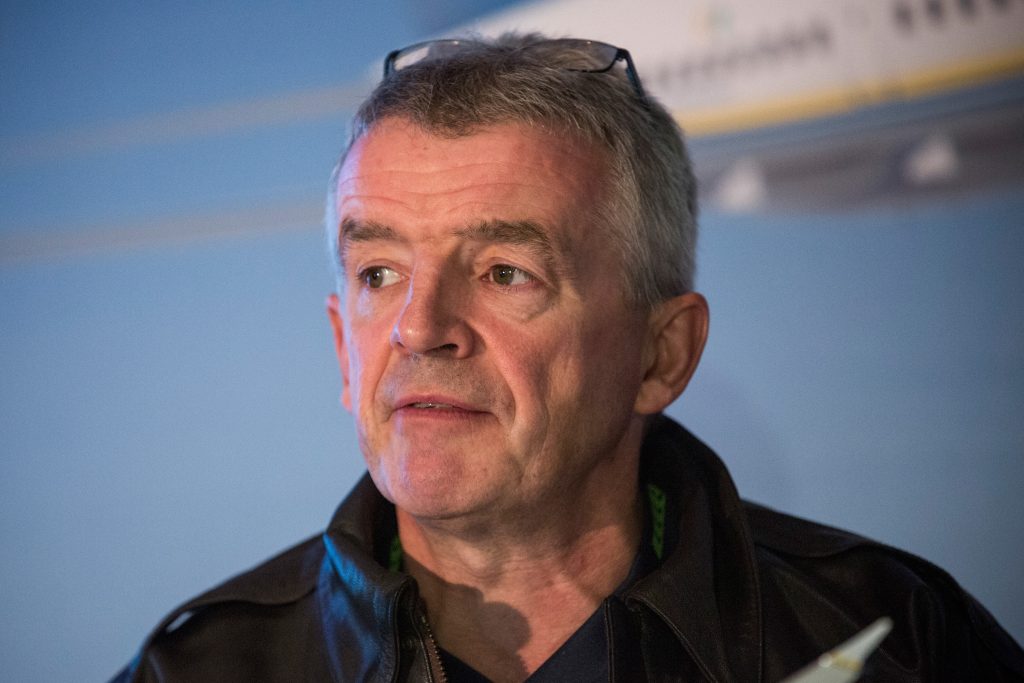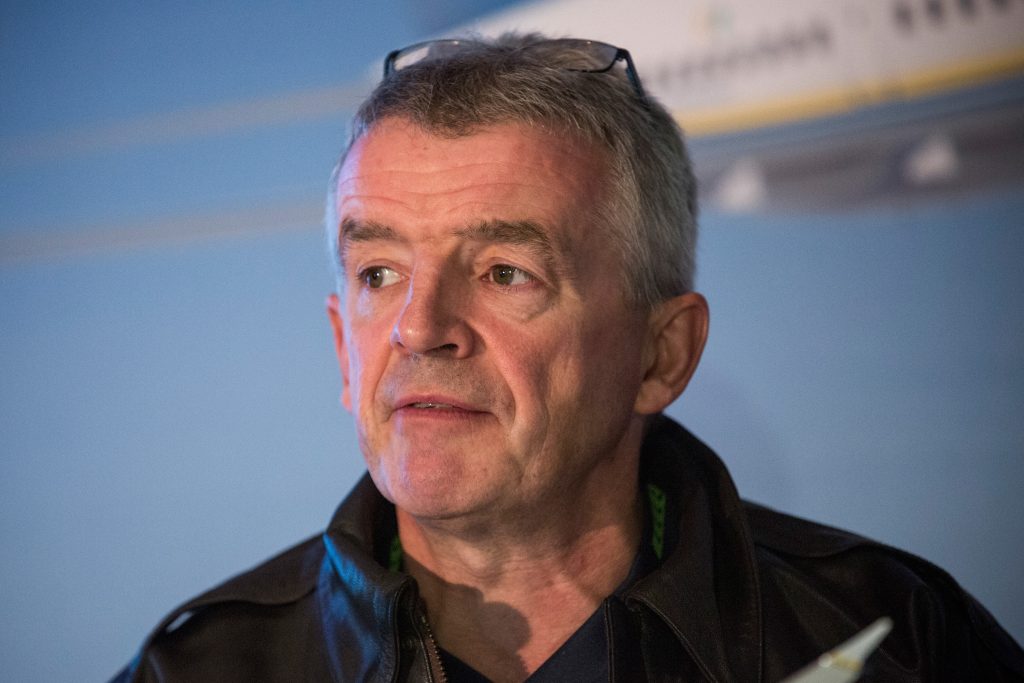Boeing 737 Max 9: Why Ryanair is kicking up a fuss over embattled planemaker
The crisis engulfing Boeing has dominated media headlines over the last week. Now Ryanair's CEO is kicking up a fuss about the planemaker.


The new crisis at Boeing has dominated media headlines over the last week after a section of an Alaska Airlines flight fell off mid-flight, forcing a dramatic emergency landing.
A string of major carriers including Alaska, United Airlines, Turkish Airlines and Copa Airlines have been forced to ground hundreds of jets as regulators inspect the jets for faults.
The UK’s major airlines seem to have avoided the brunt of the damage so far. There are no UK or European Union (EU) carriers registering a Boeing Max-9 of the same configuration involved in the incident.
Britain’s aviation regulator has said it is monitoring the situation, however, its reach will largely extend to inspections of 737 Max 9’s that fly into UK airspace.
But Ryanair’s combative chief Michael O’Leary took the opportunity to slate the planemaker this morning, warning over the “short-term reputational issues” of the disaster and calling on Boeing to improve its quality control.
In an interview with the Financial Times, he revealed the airline, one of Boeing’s biggest customers, will likely fall five to ten aircraft short in its peak 2024 summer season due to delivery delays. Fares will rise and profits will fall, he warned.
So what’s irking O’Leary and will the Alaska Airlines incident hit the UK’s budget airlines?
Not directly, say analysts. “The lack of share price movement suggests as such, anyway,” Russ Mould, investment director at AJ Bell, told City A.M.
“Wizz Air has a fleet of Airbus A320s and has more of those, and A321neos, on order. Ryanair is a Boeing customer but it has not bought any 737 Max 9s… That is presumably why the share price did not flinch when the Alaskan Airlines accident happened,” he explained. Last year, Easyjet placed a major 157-strong aircraft order, but like Wizz, these were for Airbus’s A320.
However, the crisis could cause a number of indirect impacts to Ryanair, which is far more tied to the planemaker’s fortunes.
“With [Ryanair] being one Boeing’s largest customers there may be indirect ramifications for plane reputation, supply chain and delivery delays, potentially for the Max-10 orders too,” Conroy Gaynor, aviation analyst at Bloomberg Intelligence, said.
Any hit to Max-10 orders could be a big problem for the Dublin airline. It placed a colossal, multi-billion order for 300 737 Max-10 jets last year, the largest ever placed by an Irish company for US manufactured goods.
Ultimately though, what O’Leary is really fussed about are supply chain issues. He has never really got on with Boeing and the planemaker has suffered a string of production glitches with its 737-Max recently, which have forced it to slash delivery targets.
Both Airbus and Boeing are also dealing with wider snarl-ups in the supply chain and have struggled to meet resurgent post-Covid demand for travel, leading to monthlong waits for their airline and lessor customers.
Wizz Air was forced into slashing its capacity forecast by 10 per cent last year after production issues at Pratt and Whitney, which provides geared turbofan engines (GTF) for Airbus’ A320neos.
“The real challenge for both Airbus and Boeing is they are both running behind on their plans to increase monthly production. A lot of that is supply chain pressures. I think that both Airbus and Boeing, certainly Boeing, need to significantly improve quality control,” O’Leary told the FT.
Should the quality and timing of deliveries not improve, Mould noted continued “capacity shortage, leading to higher airfares” as Ryanair focuses on maintaining near-term profits.



